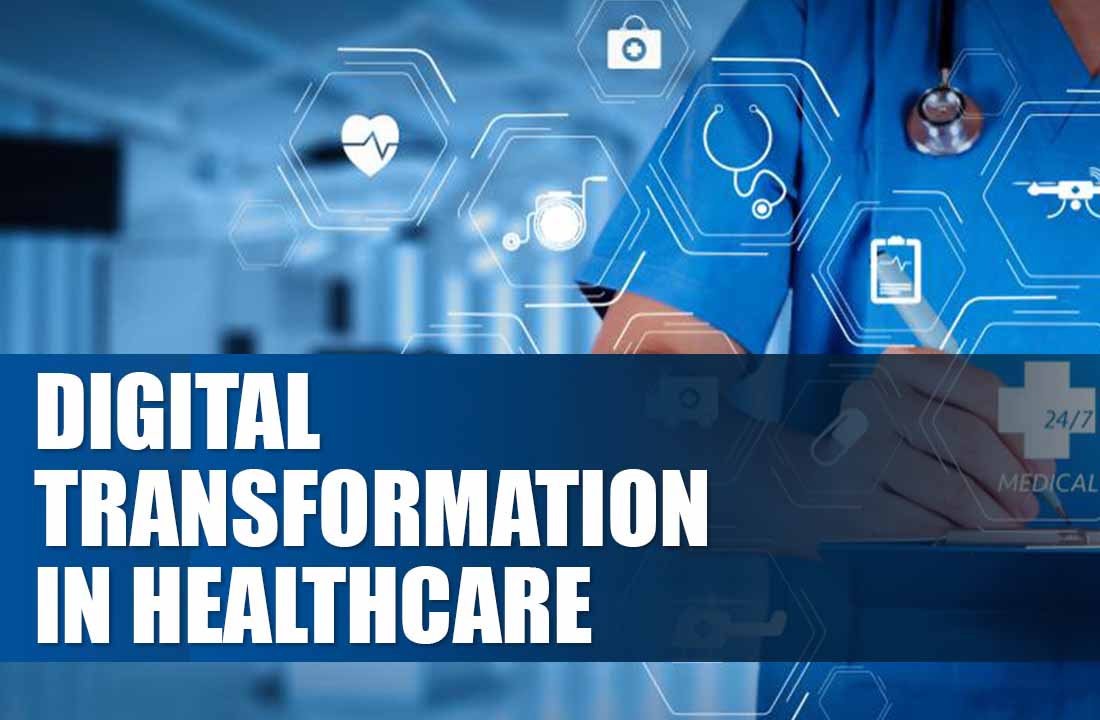Digital Transformation in Healthcare: A New Era of Patient Care
Gone are the days of bulky paper files and outdated technology in the healthcare industry. The advent of digital tools and systems has revolutionized the way healthcare providers diagnose and treat patients, reducing costs and improving outcomes. In this article, we will explore the key highlights of this digital transformation, and how they are shaping the future of patient care.
Improved Patient Care: The Future is Now
With the integration of advanced technologies such as AI and ML, healthcare providers can now analyze vast amounts of data to make more informed decisions, leading to more accurate diagnoses and improved patient care. The use of digital tools and systems has transformed the healthcare industry, providing healthcare providers with the tools they need to deliver the best possible care to their patients.
Electronic Health Records (EHRs): A Centralized Repository of Information
EHRs provide a centralized repository of patient information that can be accessed by healthcare providers in real-time, improving collaboration and communication between team members. Patients can also take a more active role in their own care, as they have access to their own medical information and can share it with healthcare providers as needed. The implementation of EHRs has transformed the way healthcare providers manage patient information, providing a more efficient and streamlined process for both patients and healthcare providers.
Telemedicine: Convenient Care from the Comfort of Home
Telemedicine is revolutionizing the way care is delivered, allowing patients to receive care from the comfort of their own homes. With telemedicine, healthcare providers can diagnose and treat patients remotely, improving access to care for those in remote or underserved areas. This has been particularly beneficial during the COVID-19 pandemic, as it has allowed patients to receive care without leaving their homes, reducing the risk of exposure to the virus.
Security and Privacy: Protecting Patient Data
As the healthcare industry becomes increasingly digital, it is essential to implement robust security measures to protect patient data from cyber attacks and breaches. Healthcare providers must also comply with regulatory standards such as HIPAA to ensure that patient information is protected. With the integration of advanced technologies, it has become more important than ever to prioritize security and privacy, as patients entrust their sensitive information to the healthcare industry.
Advanced Technologies: Transforming Diagnosis and Treatment
AI and ML are transforming the healthcare industry, allowing for more informed diagnoses and improved patient outcomes. These technologies are also revolutionizing drug discovery and development, leading to the creation of more effective treatments and cures for diseases. The use of these advanced technologies has created a new era in the healthcare industry, where patients can receive the best possible care, and healthcare providers can use data to improve their processes and outcomes.
In conclusion, the digital transformation of the healthcare industry is an ongoing process that is improving the way care is delivered and managed. With the integration of advanced technologies, improved access to information, and the use of telemedicine, the future of patient care is looking brighter than ever before. The healthcare industry is undergoing a major transformation, and the future is looking bright for patients and healthcare providers alike.

